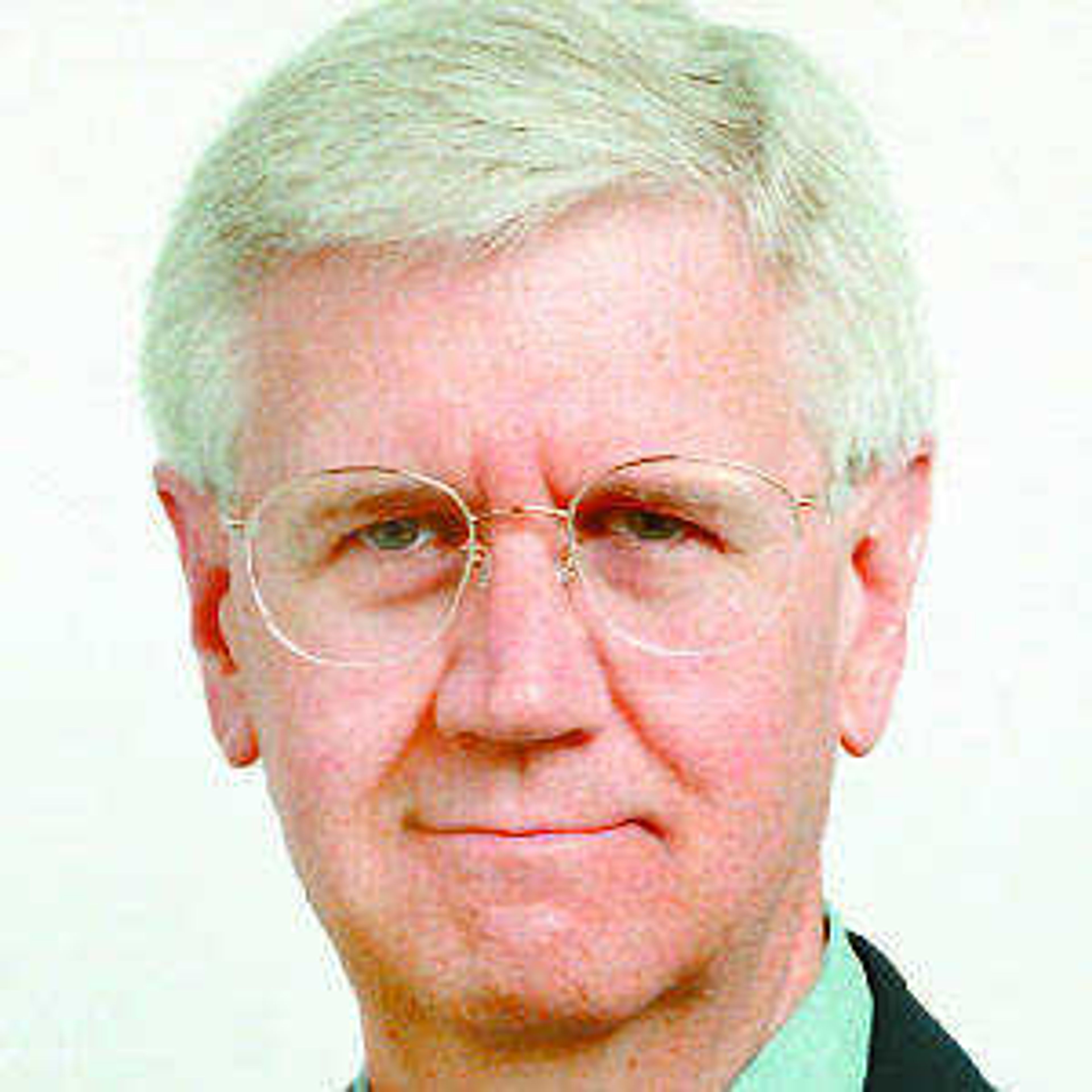Thanksgiving - Things you didn't know
Most folks who write about Thanksgiving Day take pleasure in debunking the familiar story about the Pilgrims and Indians. I'm not one of them. I will, however, point out one often overlooked fact in the story we all know about Plimouth Plantation: They didn't get to see any football games that day due to technical difficulties...
Most folks who write about Thanksgiving Day take pleasure in debunking the familiar story about the Pilgrims and Indians.
I'm not one of them.
I will, however, point out one often overlooked fact in the story we all know about Plimouth Plantation: They didn't get to see any football games that day due to technical difficulties.
Don't think for a minute those crafty Pilgrims and Indians hadn't already thought about inventing TV.
They had.
The barrier to watching TV in the early 1600s -- and well into the 1900s -- was electricity.
Or the lack of it.
Think about it.
As soon as homes in America got electricity, what happened?
It wasn't but a few weeks after the first electric bills arrived that everyone had to have a toaster, which led to the invention of sliced bread. If you're going to eat sandwiches, you might as well be watching a sitcom. Which requires TV. So there you are.
Quite frankly, the Pilgrims and Indians never did have a lot in common.
Except for that prickly dispute over who owned the land on which Plimouth Plantation was perched.
Not that the Indians thought they owned it. They didn't cotton much to deeds, which tend to result in legal disputes, which require lawyers. You can see where that's headed.
It was Bradshaw, or Bradbury, or Bradley, or whatever his name was -- everyone called him Brad anyway -- who had the idea for a picnic.
"Let's have a barbecue -- deep-fried turkey, or something -- and make it an all-you-can-eat buffet. That should get the Indians to come. And maybe they'll eat so much they'll say 'Take all the land you want -- just as long as I can have another piece of that squash quiche.'" Which was about as close as you could get to pumpkin pie in those days before evaporated milk.
So there they were, the Pilgrims and the Indians, standing around on that first Thanksgiving with their hands in the pockets trying to make small talk -- which is hard to do if you're not holding a paper plate loaded with little smokies slathered with barbecue sauce.
And they weren't, naturally.
It wasn't just that paper plates were hard to come by. But without electricity, the Pilgrims couldn't get the Crock Pot to heat up. That's another story.
One of the Indians, trying to break the ice, said -- to no one in particular -- "Say, isn't it about time for that Cincinnati game?"
The Indian, who all his friends called Squiggy, was way ahead of his time. Cincinnati hadn't even been settled in 1621, which is why the Bengals were in such a slump. Even I have to admit it isn't easy to play football -- called "kick the pig" in those days --in the wilderness. Of course, the Bengals can't use that excuse today.
Glenowyth, the Pilgrim who liked to be called Glenn -- "with two n's" he always said, as if it mattered -- tried to keep the conversation going.
Which is hard to do without a bowl of potato chips and some dip, which they didn't have because the Veg-O-Matic was still going through a lot of design review and had never actually been produced. Therefore, paper-thin slices of potato were out of the question.
The rest of the story is pretty much the way you probably learned it in grade school.
The Indians came. They brought venison, since it was deer season. Everyone ate watercress and wheat pudding. The Pilgrims got clear title to their hillside overlooking the Atlantic Ocean.
What I've just told you is pretty much how it was, except for that bit about the little smokies. I made that up. You don't have to remember that part if you don't want to.
I'm not trying to rewrite history.
I prefer to call it amplification.
Don't you think that sounds better?
Happy Thanksgiving.
R. Joe Sullivan is the editor of the Southeast Missourian.
Connect with the Southeast Missourian Newsroom:
For corrections to this story or other insights for the editor, click here. To submit a letter to the editor, click here. To learn about the Southeast Missourian’s AI Policy, click here.










